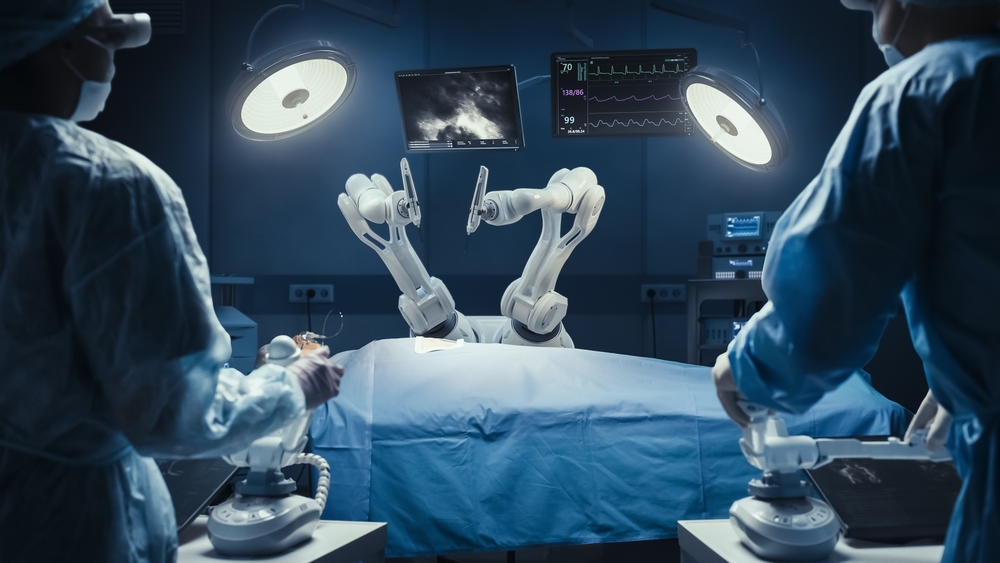
Editor's Note The Centers for Medicare & Medicaid Services (CMS) announced the launch of a new model using artificial intelligence (AI) to target unnecessary Medicare spending, the agency reported in an October 17 update. The voluntary model will run from January 1, 2026, through December 31, 2031, and aims to…

Editor's Note Hospitals can reduce anesthesia costs by up to 30% and significantly curb provider burnout by embracing technology-enabled collaboration with anesthesiology practices, Surgical Directions August 27 reports. The report outlines how rising demand, workforce shortages, and variable pay structures have pushed anesthesia expenditures up sharply in recent years. Traditional…

Editor's Note A personalized digital tool is helping patients and orthopedic surgeons make more informed, confident decisions about total knee replacement (TKR), according to BMC Health Services Research October 21. Both patients and surgeons reported the EKIT tool—a tablet-based decision aid developed in Germany—improves shared decision-making (SDM), enhances communication, and…

Editor's Note Seattle Children's Hospital is tying ambient AI return on investment (ROI) to real money by targeting burnout, retention, and documentation burden to avoid multimillion-dollar turnover costs and lift data quality, HealthLeaders October 21 reports. Per the outlet, Seattle Children’s is expanding Abridge’s ambient AI across 18 pediatric specialties…

Editor's Note Robotic-assisted cardiac surgery is reshaping the field, enabling safer, less invasive procedures once deemed too complex for minimal-access techniques, the American College of Surgeons October 1 reports. Advances in high-definition visualization, wristed instruments, and surgical control are allowing cardiothoracic teams to perform intricate repairs through incisions often smaller…

Editor's Note The Centers for Medicare & Medicaid Services (CMS) is enlisting artificial intelligence (AI) to combat wasteful spending, but ambulatory surgery centers (ASCs) warn the plan could slow care and increase administrative strain, Ambulatory Surgery Center News October 20 reports. The agency’s new Wasteful and Inappropriate Service Reduction (WISeR)…

Editor's Note University of California San Francisco (UCSF) surgeons and researchers presented a wide range of original work at the American College of Surgeons’ 2025 Clinical Congress in Chicago, held October 4–7. According to an October 7 article published by UCSF, the meeting featured topics from perioperative opioid stewardship and…

Editor's Note A new study shows video-language models (VLMs) can accurately evaluate nursing skills and generate meaningful feedback, potentially transforming how future nurses are trained and assessed, Cornell University October 6 reports. The study describes the first framework to apply VLMs to automated nursing competency evaluation. According to the article,…

Robotic surgery has moved from cutting-edge to commonplace. The question is no longer whether to use robotics but when to introduce it and how to ensure adoption is efficient, affordable, and seamless for surgical teams. Ambulatory surgery centers (ASCs) are increasingly adding robotics to their service lines, driven by the…

As hospitals and surgical services face an acute nursing shortage, the sustainability of the perioperative workforce continues to be a pressing concern. Several projections show the nursing workforce in the US—as well as globally—remains under strain while surgical demand shows no sign of slowing down. The American Association of Colleges…